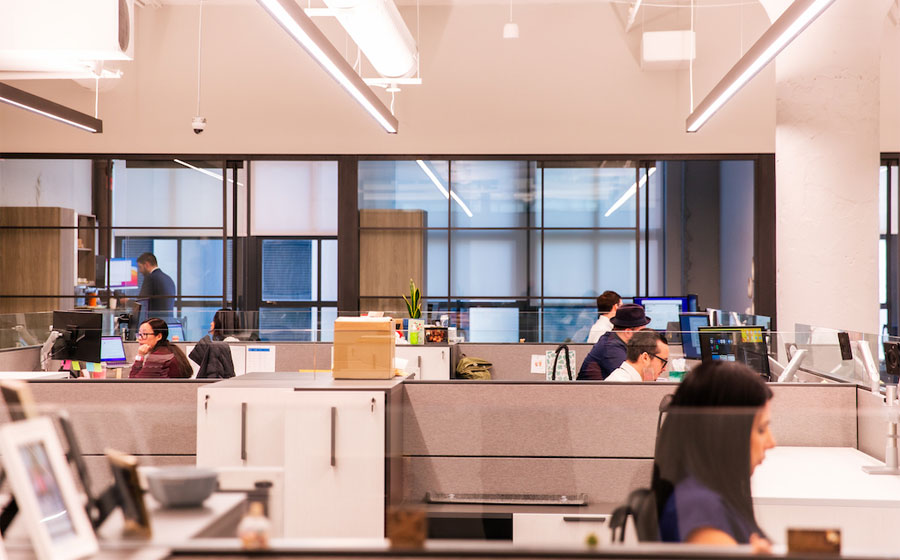Slip and falls are on the rise. According to the National Floor Safety Institute (NFSI), the restaurant or food service industry spends over $2 billion dollars on slip and fall injuries per year. In addition, these types of claims or injuries are increasing at a rate of about 10% each year.
You’d think that slip and fall cases are “easy” cases. Well, they’re not. The reality is that the majority of slip and falls aren’t viable cases. Whether due to problems proving negligence or a lack of damages, these cases can be difficult to prove. However they can be proven and won with clear, strong evidence of the defendant’s negligence. The stronger the evidence, the better the case.
Under the law, everyone has a duty to reasonably watch where they are walking. This is the doctrine of comparative negligence, and it will apply in most slip and fall cases. So, if someone falls or trips due to a defective condition, the injured person will probably be found to have contributed to the accident.
Under this doctrine, a plaintiff’s negligence is compared to the negligence of the defendant property owner. The plaintiff may be found liable for some portion of the accident, but no more than the negligence of the defendant. In other words, if the plaintiff’s negligence exceeds the defendant property owner’s negligence, the plaintiff isn’t allowed to recover in Pennsylvania.
This defense is raised in virtually all slip and fall or trip and fall cases. So how does an experienced slip and fall attorney handle this defense? With evidence. This defense can be overcome with clear evidence of the defendant’s negligence. The stronger the evidence, the better the case. Slip and falls are usually caused by:
- holes or gaps,
- broken concrete,
- food/liquid,
- snow/ice,
- debris,
- lack of proper slip resistance material, and
- gradient/sloping issues.
In many slip and fall cases, there will be evidence of prior incidents or prior complaints involving the same defect. In many instances, defendant property owners were aware of the defect yet chose to do nothing, or worse, actively concealed the defect. To win a slip and fall case, there must be clear, strong evidence of the defendant’s negligence. For more information, access our free legal article on proving property owner negligence in Philadelphia, Pennsylvania slip and fall cases.
Can You Get Financial Compensation for a Fall Accident Case?
Under Pennsylvania tort laws, injured individuals can only obtain financial recovery for actual damages. Damages can be economic or non-economic. Economic damages include things like medical bills or lost wages. Non-economic damages (i.e., pain and suffering) are basically the physical pain and mental or emotional anguish caused by an accident and resulting injuries.
To submit your case for review by our Philadelphia, Pennsylvania slip and fall lawyers, call (215) 399-9255. Our lawyers are available for a free, no obligation legal consultation.
**This website does not provide legal advice. Every case is unique and it is crucial to get a qualified, expert legal opinion prior to making any decisions about your case. See the full disclaimer at the bottom of this page.
Our slip and fall accident attorneys serve accident victims in the following areas: Allegheny County, PA; Berks County, PA; Bucks County, PA; Chester County, PA; Delaware County, PA; Lehigh County, PA; Montgomery County, PA; Northampton County, PA: Philadelphia County, PA; Atlantic County, NJ; Burlington County, NJ; Camden County, NJ; Cumberland County, NJ; Gloucester County, NJ; Salem County, NJ; New Castle County, DE; he County, DE; Atlantic City, NJ; Philadelphia, PA; Pittsburgh, PA; Newark, NJ; Doylestown, PA; Media, PA; West Chester, PA; Norristown, PA; Camden, NJ; Wilmington, DE; Newark, DE; Georgetown, DE; and New Castle, DE.
Last updated: December 3, 2014

